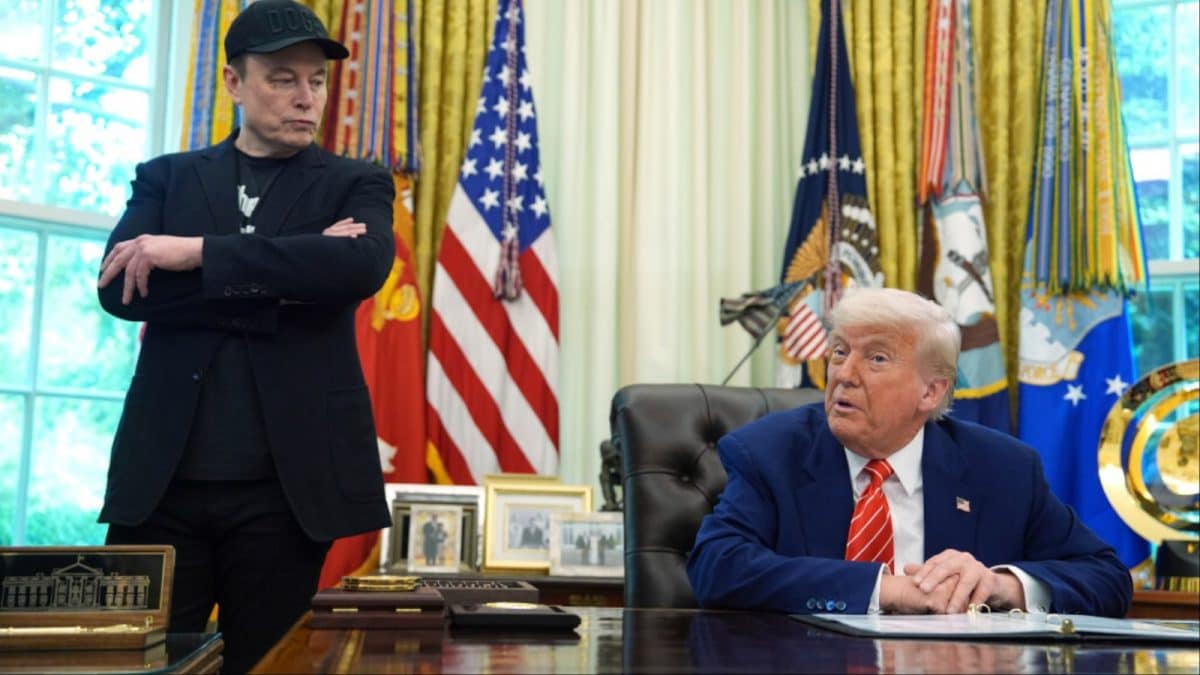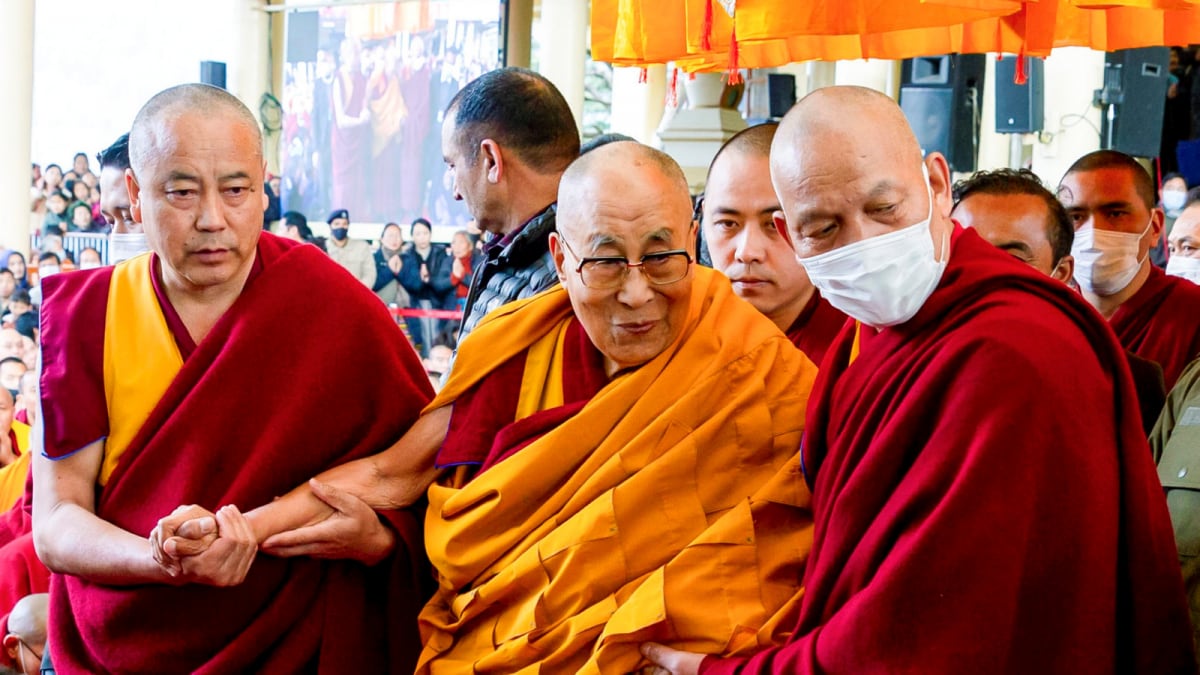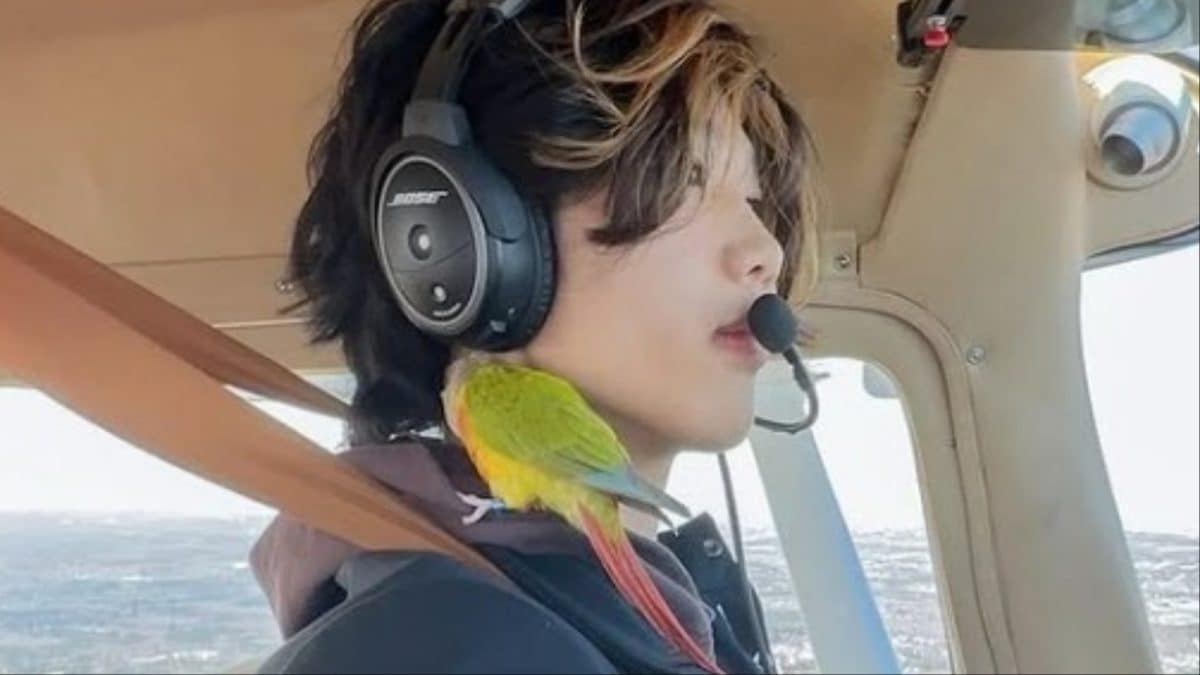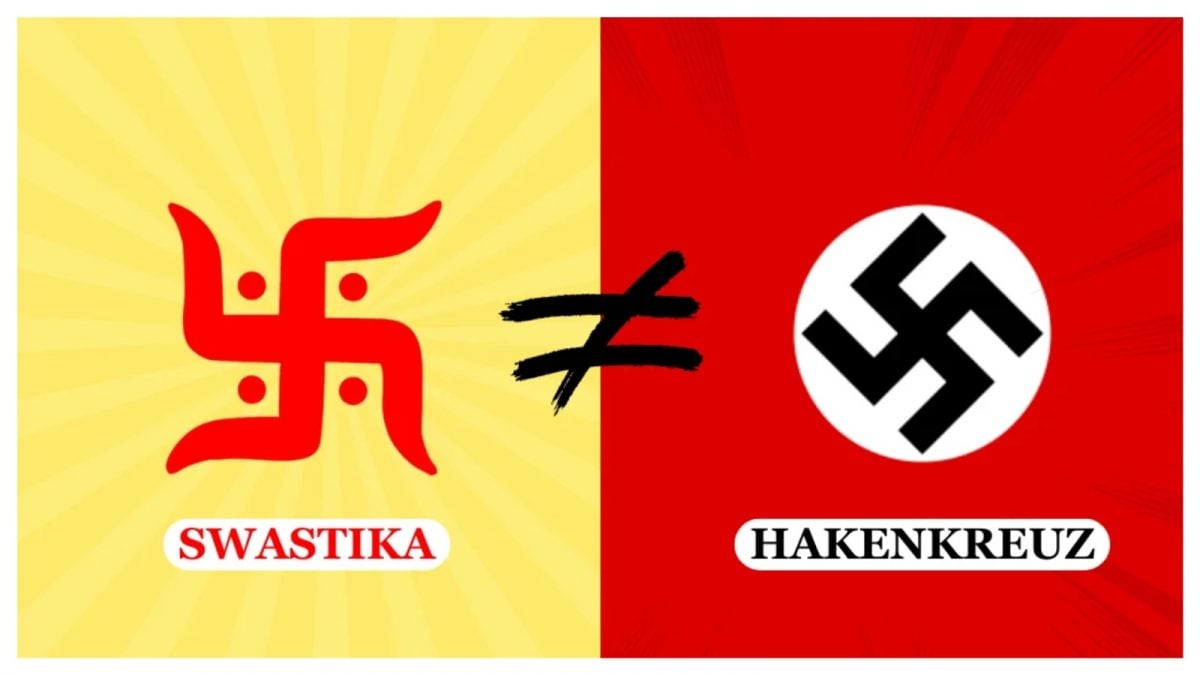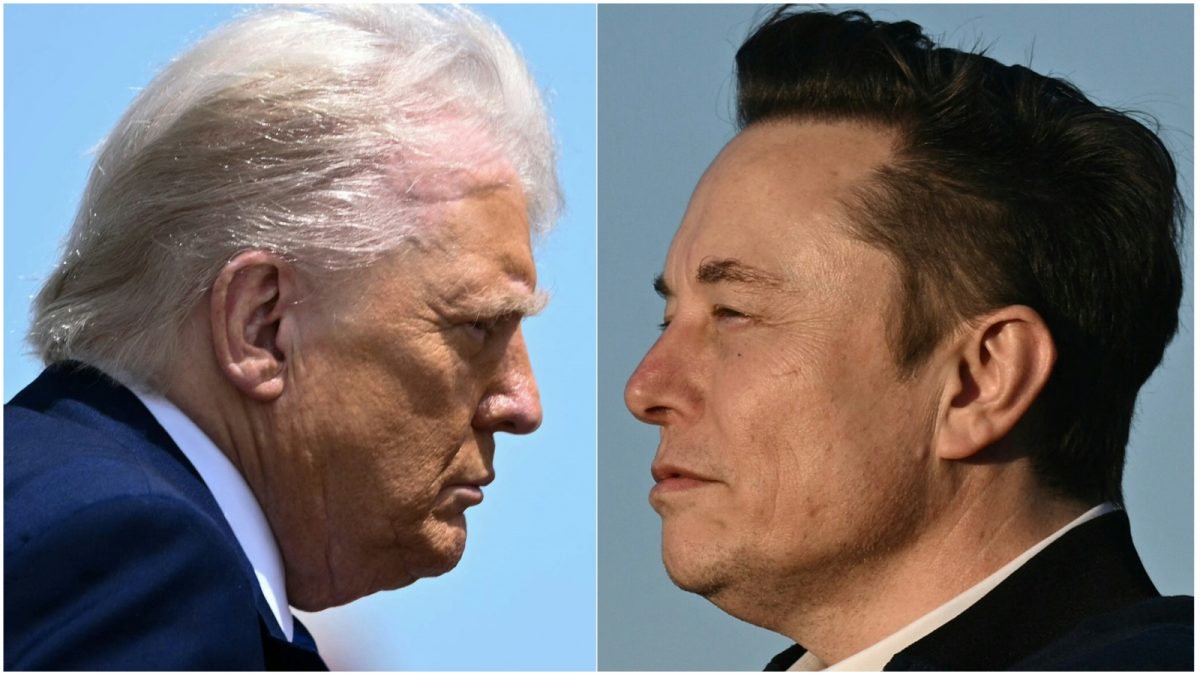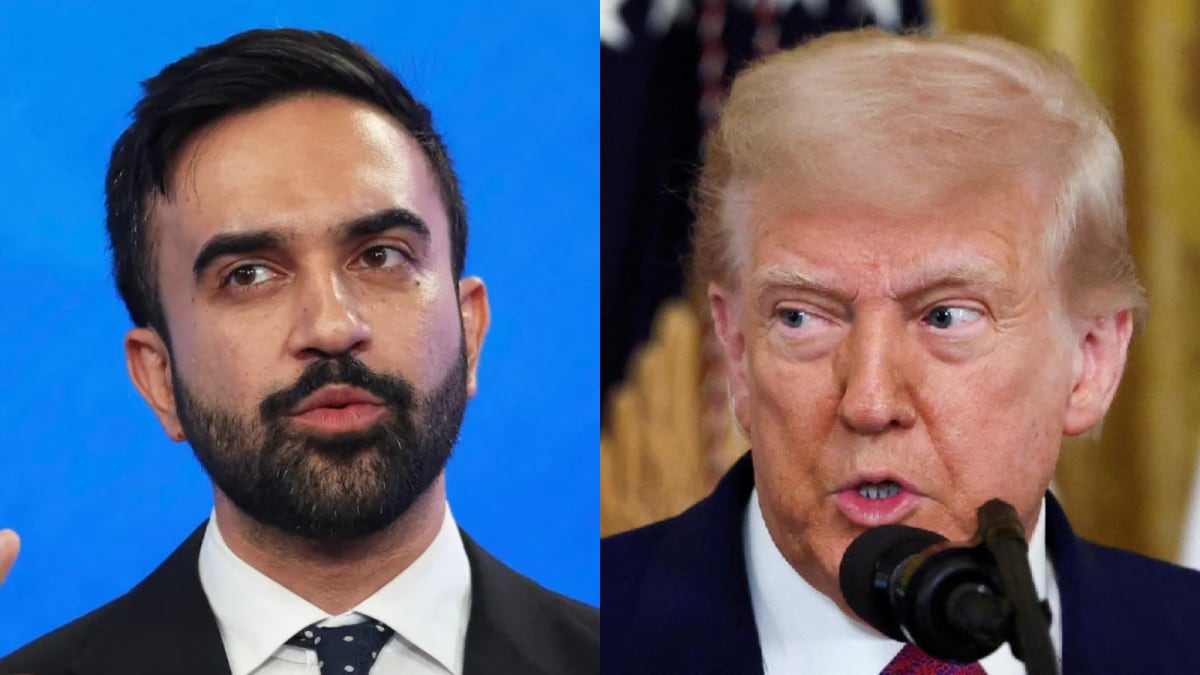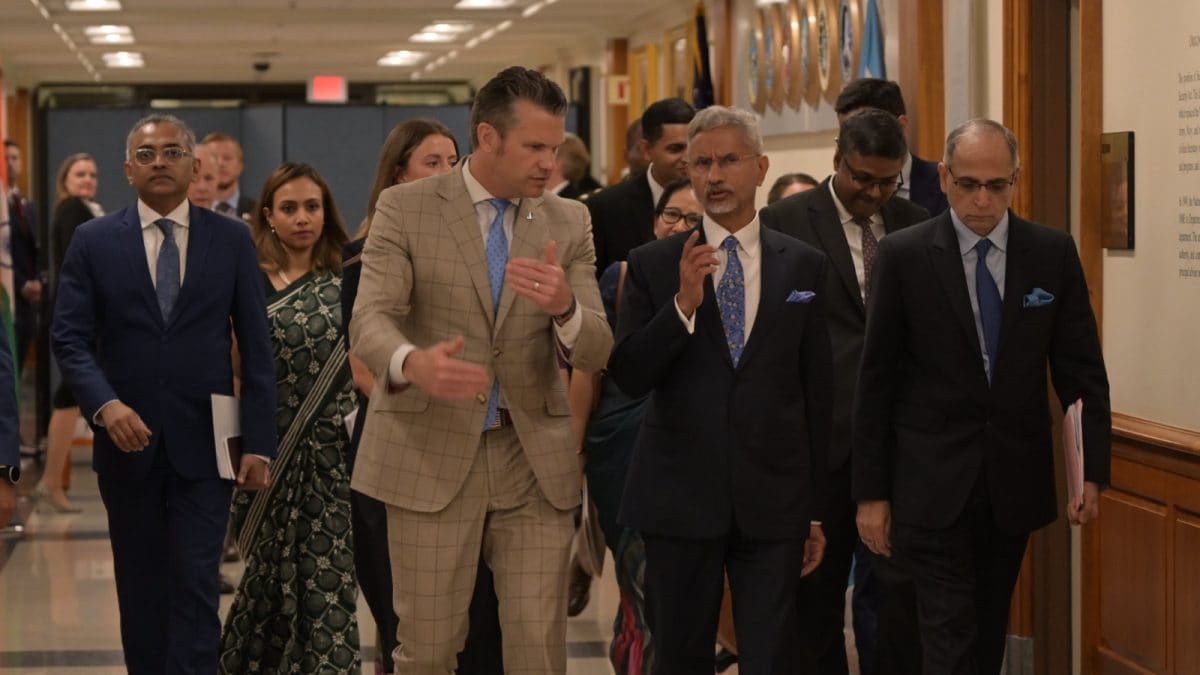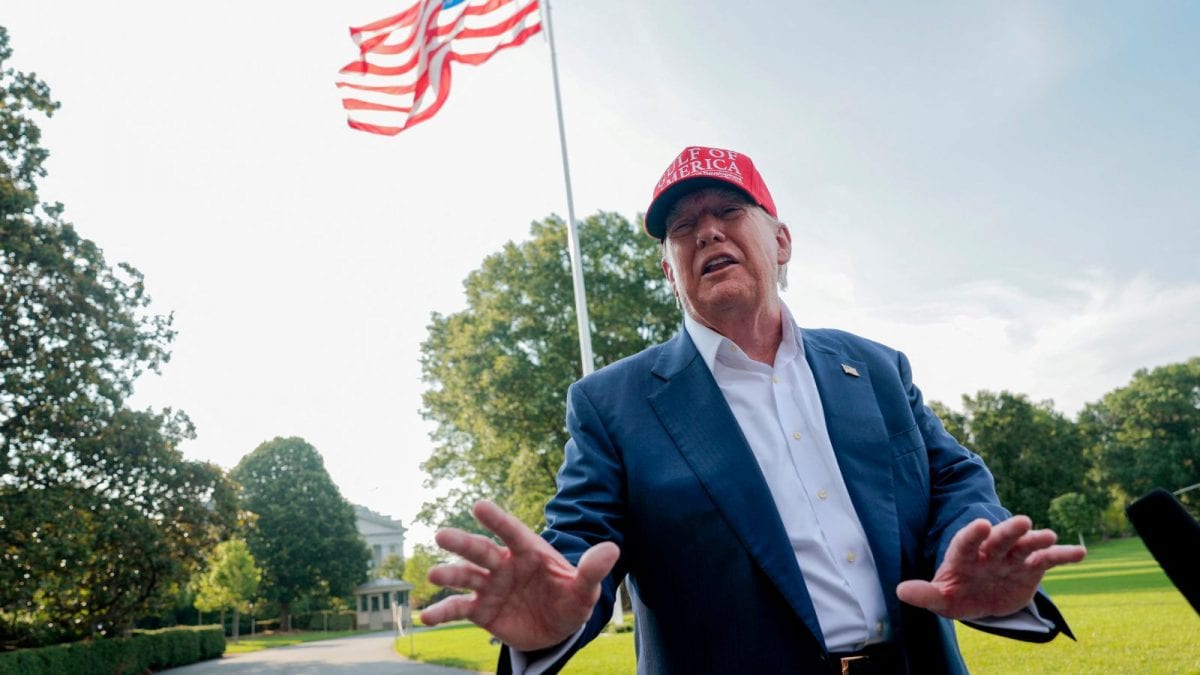Last Updated:May 26, 2025, 12:39 IST
The phone call between Canadian Defence Minister Anita Anand and Jaishankar signifies a renewed commitment from both sides to mend relations that have been strained in recent years

The discussion comes at a time when both nations are recognising the increasing significance of their relationship. (News18)
In a significant step toward rebuilding diplomatic relations between Canada and India, Canadian Defence Minister Anita Anand spoke with India’s External Affairs Minister S Jaishankar on Friday, marking the first telephonic conversation between the two countries since the diplomatic stand-off triggered by former prime minister Justin Trudeau’s controversial handling of issues between the two countries.
The phone call signifies a renewed commitment from both sides to mend relations that have been strained in recent years. The discussion comes at a time when both nations are recognising the increasing significance of their relationship, not only in terms of diplomacy but also for addressing the economic and geopolitical challenges of the 21st century.
Strained Relations Under Trudeau
Under Trudeau, the relationship between India and Canada slumped over the former prime minister’s handling of Khalistani groups and his government’s perceived soft stance on activities that India considered a threat to its national security.
The murder of Khalistani Hardeep Singh Nijjar was assassinated in Surrey by two masked gunmen on 18 June 2023. His death triggered the Canada–India diplomatic row as Canadian prime minister Justin Trudeau and his cabinet accused agents of Indian government to be involved in Nijjar’s murder.
The diplomatic rift reached a crescendo when both nations reduced the scope of official exchanges after escalating tensions and a breakdown in communications.
For the Indo-Canadian community, which numbers over 1.4 million and plays a key role in the social and economic fabric of Canada, the fallout was deeply frustrating. Many felt caught in the middle of a geopolitical dispute that hurt their connection to both their homeland and their adopted country. However, the community’s efforts to restore ties between India and Canada were largely ignored by the Trudeau government.
A New Beginning Under Mark Carney
With the election of Mark Carney as Canada’s new prime minister earlier this year, a clear shift in foreign policy is underway. Carney, who came to power on the mantle of economic revival, has made it clear that repairing the relationship with India is critical to Canada’s economic future.
Carney’s push for economic recovery is closely tied to strengthening relationships with countries like India. As Canada faces growing tensions with China over issues ranging from foreign interference to security concerns in the Arctic, India comes across as a natural partner for Canada’s economic and geopolitical strategy. Carney’s government has made it clear that India’s rapidly growing economy is one that Canada cannot afford to ignore.
Diaspora’s Role in Bridging the Gap
The proactive role of Canada’s Indo-Canadian community in this thaw of ties cannot be ignored. Organisations such as Radio India Limited, Desh Pardesh, and Hamdard, along with several Punjabi media outlets, have been at the forefront of advocating for a return to normalcy in India-Canada relations. These groups have lobbied both governments, urging them to move beyond the tensions and focus on shared interests in trade, investment, and cultural exchange.
On May 16, Maninder Gill, managing director of Radio India, wrote to Carney, telling him that the upcoming G7 meeting in Canada “would be an excellent opportunity to invite Prime Minister Narendra Modi and start a new chapter in the Indo-Canada relationship".
Many within the diaspora had felt sidelined during the Trudeau years, as the political discourse was dominated by the issue of Khalistan. However, with Carney, there is hope that both India and Canada can focus on deeper collaboration.
Economic Ties Set to Strengthen
Economic factors are playing a central role in the shift. Canada is already a significant investor in India, with investments totalling over $3.3 billion between 2020 and 2023. Canadian pension funds, in particular, have become increasingly active in the Asia-Pacific region, with India seeing a significant rise in inflows over the past two decades.
Canada is the 18th-largest foreign investor in India, with a focus on services, infrastructure, and technology sectors. As the two countries look to diversify their trade relations, the immense economic potential is one of the reasons the Carney government has already signaled a strong interest in enhancing ties with India.
When Carney was elected, PM Modi had extended his wishes to the Canadian PM, signalling that New Delhi is eager to re-engage diplomatically. There were also reports suggesting India could reinstate its high commission in Canada in a move that would symbolise normalisation of ties.
Shifting Geopolitics & Security Concerns
Economic factors aside, both countries are confronting common security challenges, particularly in the context of China’s growing influence. While China remains a major trade partner for Canada, the threat posed by Beijing’s geopolitical ambitions has raised alarms, particularly regarding foreign interference and the Arctic region.
As Carney moves forward with his agenda to revitalise Canada’s economy, the prospects for India-Canada relations look promising. The diplomatic dialogue that began with Anand and Jaishankar’s phone call is just the first step in what could be a deeper and more strategic partnership between the two nations.
Location : First Published:News india Why Economy, Diaspora Advocacy Could Add New Wind In New India-Canada Ties

 1 month ago
1 month ago
